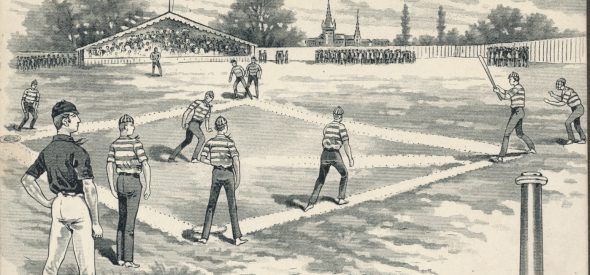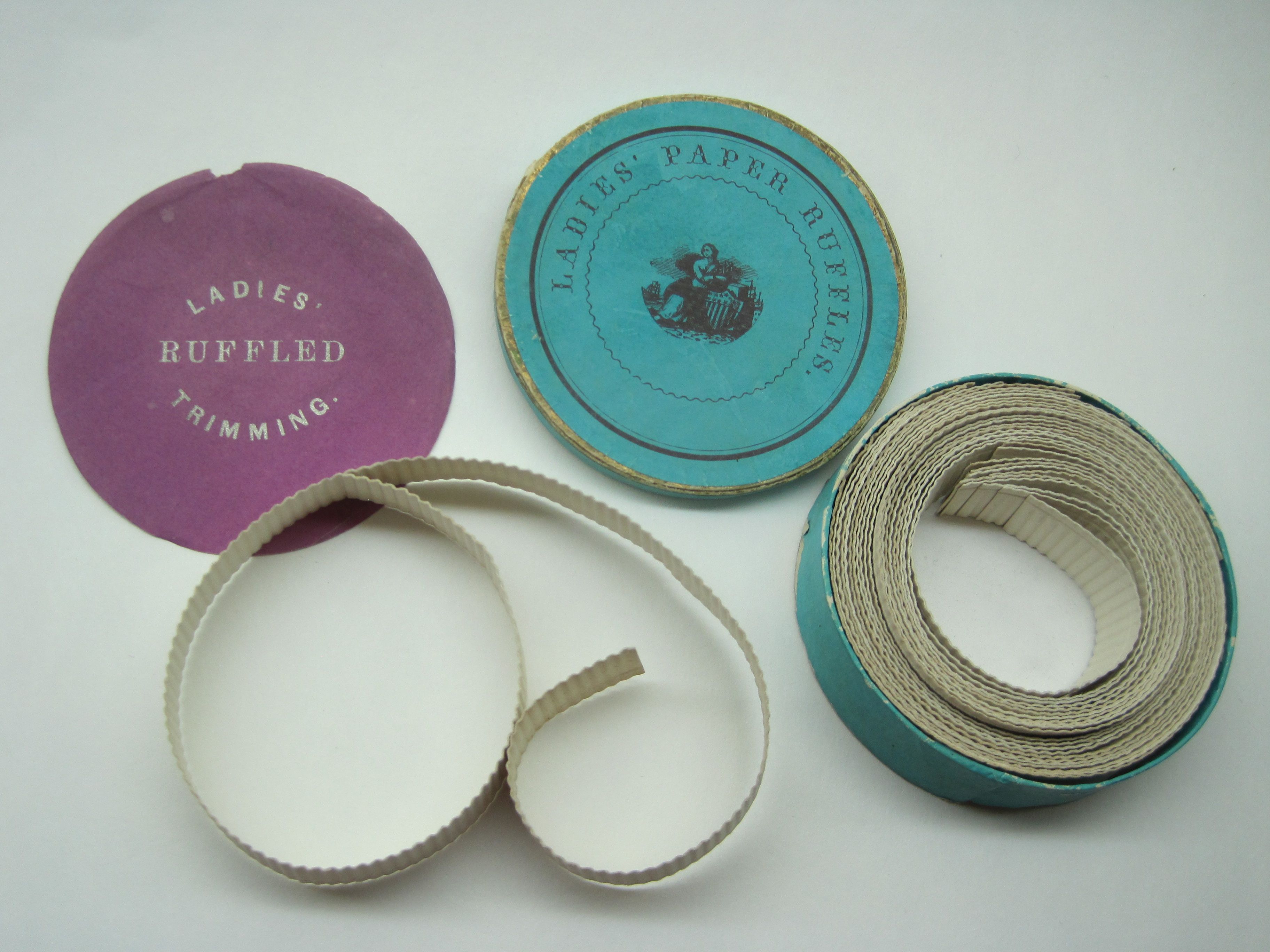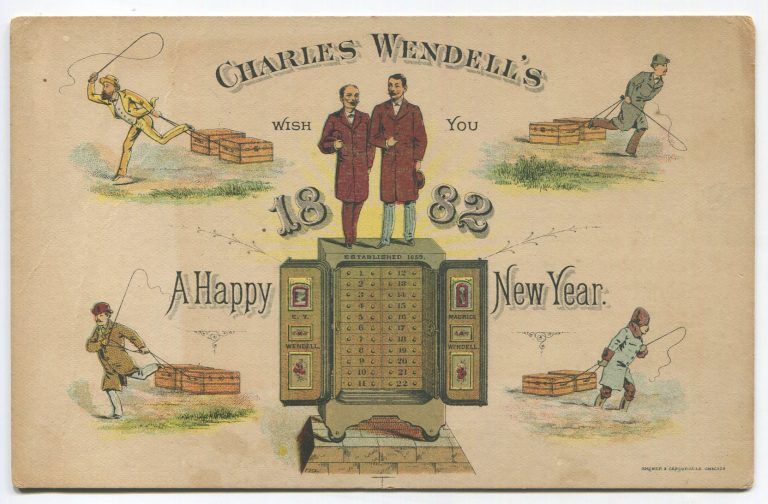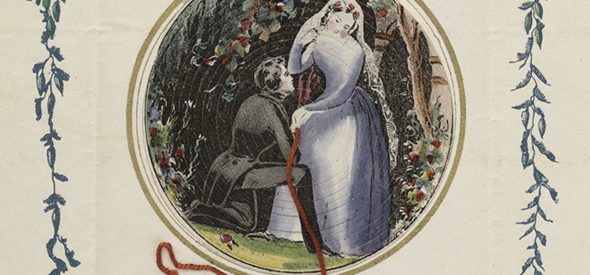
Ephemera articles and stories that will
educate, inspire, and delight!
educate, inspire, and delight!
Fresh Items
This ephemera world of ours is just chock-full of interesting stuff. Here are some things I’ve recently come across.
A simple little diecut label, yet printed letterpress in three colors, on a coated stock.
I always loved this example of Victorian imagination, picked up this one as a…
Digital Ephemera
What is digital ephemera and how do we save it?
Digital ephemera is just that: ephemera that is created in a digital space, such as email, tweets, text messages, and so on. Adam Doster wrote a thought-provoking piece on the subject in American Libraries Magazine entitled, “Saving Digital Epheme…
What Did Printers Print?
What Did Printers Print?
by Richard Sheaff
Many 19th century promotional cards and advertisements for printing and engraving companies list of the sorts of things they had produced, or wished to produce. I always like to take a close look at such listings, and am often rewarded with new informat…
Knock Me Your Lobes
The Incomparable Jim Flora
Artist and commercial illustrator Jim Flora (1914-1998) had one of the most wildly imaginative twentieth-century minds. I started collecting his record album covers decades ago when finding these obscure items was a matter of haunting the record bins at every thrift s…
John Sayers Donates Ocean Liner Collection
John Sayers Donates Ocean Liner Collection to John Johnson Collection in the Bodleian Library.
John Sayers is a longtime ESA member and a collector of ocean liner ephemera. In an interview conducted with Julie-Ann Lambert of the John Johnson Collection, he recalls what first drew him to the sub…
Take Me Out to the Ballgame with A Trade Card
This 1886 trade card (4 3/8” X 7 3/8”) depicts a baseball game and reproduces equipment that appears dated to contemporary viewers. Yet despite its antiquity, we recognize the images, affirming that the basic game of baseball has not changed in the 130 years since the card was issued.
T…
Off the Cuff
Did you know that the expression came from nineteenth-century politicians (and others) cribbing from notes written on their paper cuffs?
Apparently the urge to avoid washing the white collars and cuffs that were a hallmark of Middle Class employment or womanly gentility was strong enough to cre…
Seasons Greetings from Our Family to Yours
I want to look at three seasonal trade cards put out by 19th-century merchants. What I particularly like about these examples is that they include portraits of family members of the company founders. Like so many new businesses, these enterprises were family affairs and members of different gen…
Valentine’s Day and the Romance of Cobwebs
The Ephemera Society of America is exceptionally fortunate to have a Valentine’s Day ephemera collector as our President Emerita. Nancy Rosin wears many hats, one of which is as Volunteer Cataloger for Department of Drawings and Prints of The Met!
This year, she wrote about her expertise an…









